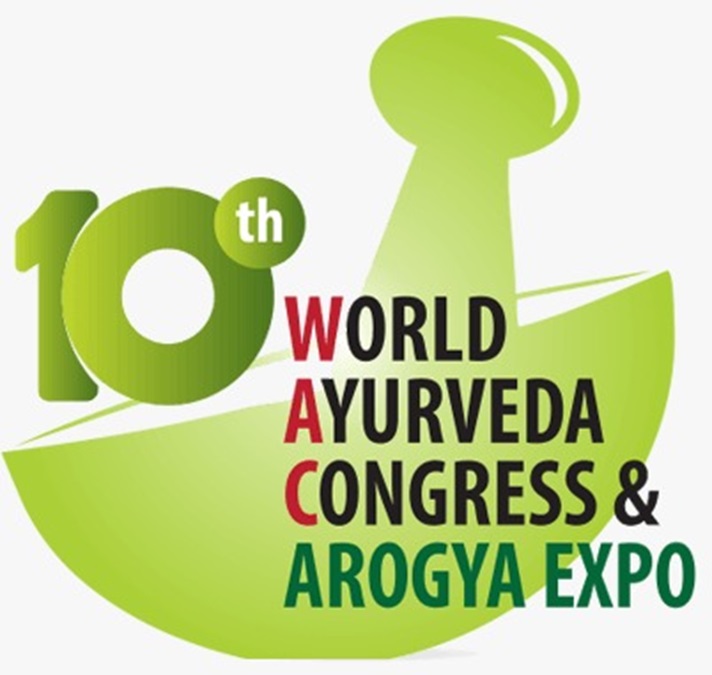

DEHRADUN:
A National Portal for Pharmacovigilance in Indian systems of medicine will be launched within a month to aid the effort of the Ayush Ministry to curb the proliferation of misleading advertisements, said Dr Kousthubha Upadhyaya, Adviser (Ayurveda) to the Ayush Ministry here today.
The portal, tentatively named Trinetra, will facilitate quicker reporting of misleading advertisements by stakeholders in Ayush (Ayurveda, Yoga & Unani, Siddha and Homeopathy), he said while speaking at a session on “Pharmacovigilance and Good Manufacturing Practices” on the concluding day of the 10th World Ayurveda Congress.
Despite efforts to deter the practice in recent years, he said misleading advertisements continue to be reported almost on a daily basis. “The consumer is supreme, his health is supreme and no ad should adversely affect his health,” he said.
Pharmacovigilance refers to the practice of monitoring and preventing adverse effects of drugs.
Participants were given a preview of the portal by Dr M Kannan, Research Officer at the Central Council for Research in Siddha who led its developer team. Dr Kannan said the portal was designed with the aim of improving consumer safety.
Other panellists also stressed the need to curb misleading advertisements, saying they could tarnish the reputation of traditional Indian systems of medicine and negate ongoing efforts to promote Ayush globally.
They lamented that advertisements offering Ayurveda magic cures and medicines or treatments without side effects were regularly seen when even ancient ayurveda texts highlight possibility of adverse reactions.
Prof Rabi Narayan Acharya, Deputy Director General of Health Service (Ayush), said India was the first country in the world to bring misleading advertisements within the parameters of pharmacovigilance.
Prof Acharya, who was associated with the pharmacoviglance programme(PVP) since its inception in India in 2008, said it was initially vehemently resisted by Ayurveda practitioners and industry leaders. Many even feared that it would tarnish Ayurveda’s “side-effect free” reputation – a premise not supported by the ancient texts.
He said the PVP framework has since been strengthened with the setting up of a National Pharmacovigilance Centre as well as 99 peripheral centres across the country.
The panellists included Dr A Raghu, Deputy Director General Health Services (AYUSH); Dr Mohammad Khalid, ADC (Unani) in the Delhi Government’s Directorate of Ayush; Dr Gaurav Sharma and Prof Sudipta Kumar Rath from the Jaipur-based National Institute of Ayurveda; and Dr Soorya Narayan from The Himalaya Company.
more recommended stories
DEHRADUN:Stressing that media can act as.
DEHRADUN:A Global Ayurvedic Network for Excellence.
DEHRADUN:The 10th World Ayurveda Congress (WAC.
DEHRADUN:The 10th World Ayurveda Congress (WAC.
DEHRADUN:The 10th World Ayurveda Congress and.
DEHRADUN:As all major endeavours in India.
DEHRADUN:Ayush Secretary Vaidya Rajesh Kotecha today.
DEHRADUN:The free Ayush Clinic opened as.
DEHRADUN:From a herbal smoke to a.
DEHRADUN:The 10th edition of the World.